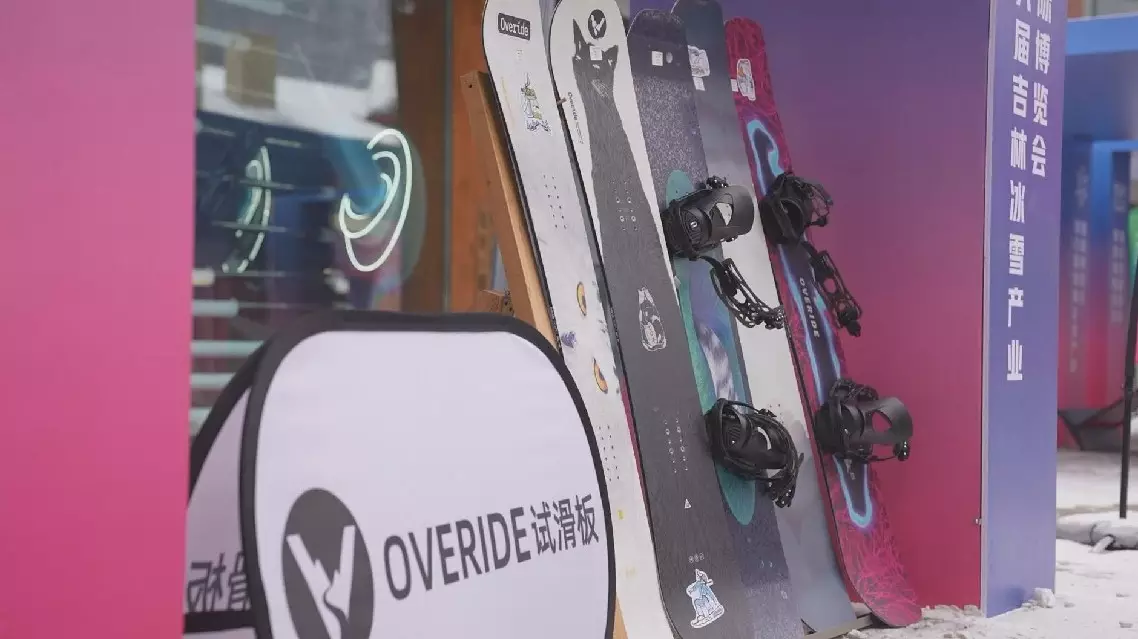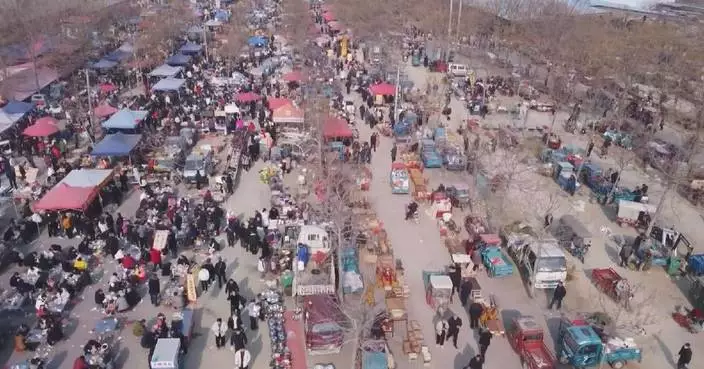Jim Rogers, a prominent American investor, emphasized the importance of trade and people-to-people exchanges between China and the United States, highlighting the mutual benefits that closer bilateral cooperation can bring.
Chinese President Xi Jinping on Saturday met with U.S. President Joe Biden on the sidelines of the 31st APEC Economic Leaders' Meeting in Lima, Peru, with both sides highlighting trade ties and people-to-people exchanges.
In an interview with China Global Television Network (CGTN), Jim Rogers, chairman of Rogers Holdings in Singapore, highlighted the benefits of closer trade ties between China and the U.S., noting that the past three decades or so have shown how collaboration between the two countries has led to mutual prosperity.
"For the past 30 or 35 years, China and the U.S. have been working together. Things have been good; both countries have made much more money, and both countries have been prospering and succeeding. Both countries got much, much more prosperous [prosperity]. I hope that will continue. Trade wars are not good for anybody, and trade wars sometimes lead to worse. So I would hope that China and America would reduce tariffs, open their borders and have even more trade of everything," said Rogers.
He also stressed the importance of people-to-people exchanges between the two countries, saying that such interactions can play a key role in dispelling misperceptions.
"Whenever you have people-to-people exchanges, everybody learns something. Maybe they won't learn to speak English or learn to speak Chinese, but they will learn. People realize there's a lot to see in China, so there are great opportunities for people-to-people exchanges, travel exchanges, tourism, educational exchanges. All sorts of crazy things are said, but if you go there, you see they're wonderful; the Chinese are wonderful people. I wanted my children to know Asia, and I wanted my children to speak Mandarin. It worked, and now we all love China and they speak Mandarin," said Rogers.

Prominent American investor highlights trade, cultural exchanges between China, U.S.

Prominent American investor highlights trade, cultural exchanges between China, U.S.









